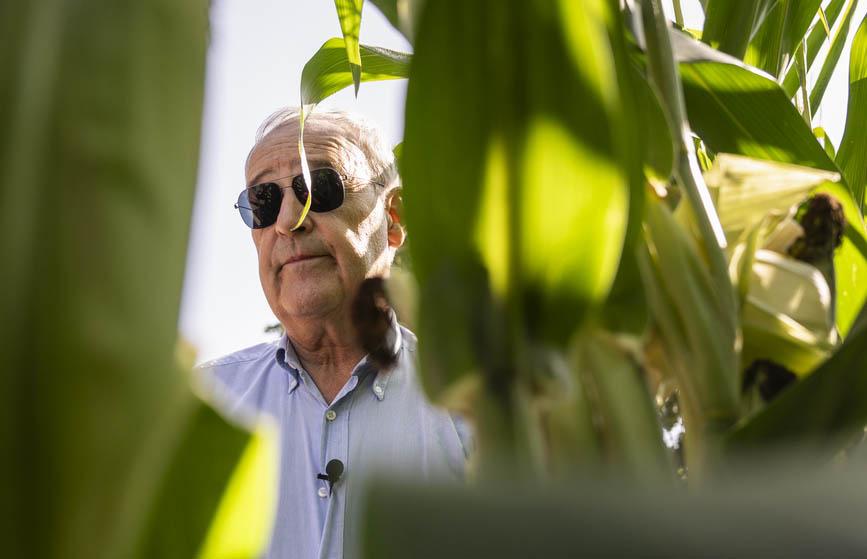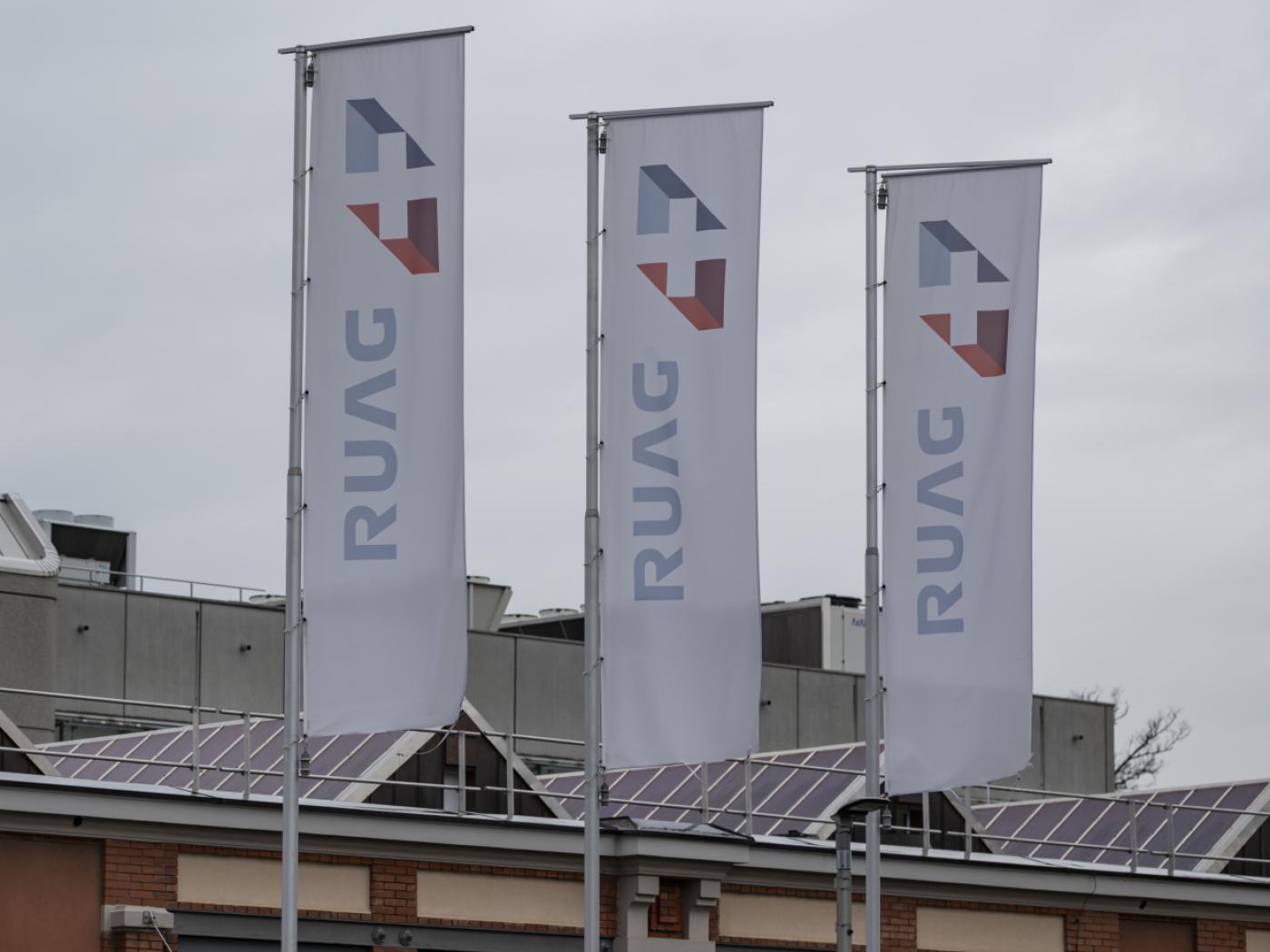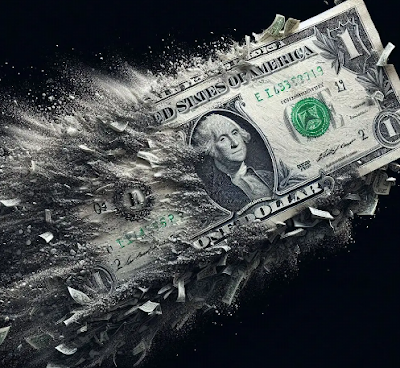Hello, and welcome to another episode of the “Minor Issues” podcast. I’m Mark Thornton at the Mises Institute.
In this week’s episode, I’d like to talk about a brand-new paper of mine. It is on Ludwig von Mises and trade in general and international trade and protectionism. Trade, whether international or just across the street, is the great source of our standard of living. You can work 24 hours a day, but if you can’t trade with others, you would likely die!
Trade is under tremendous threat from both major political parties in the United States and their presidential candidates. While recent political developments around the globe have shown a small sign, a glimmer of hope, the ongoing protectionist movement against trade should be of great concern to everyone.
The great Austrian economist Ludwig von Mises wrote about all aspects of trade, international trade, and protectionism. He also made trade the cornerstone of his “social theory” and the very foundational basis of his concept and definition of society. He did not choose to link trade and society; he came to that conclusion through logical deduction.
That has some amazing implications that I discuss in my paper. I call his insights “The Goose that Laid the Golden Eggs.”
Mises’ understanding of economics and society starts with our own mental deliberations, our purposes, our motivations and obstacles, and our actions. This is true for our everyday ordinary actions that we take throughout the day, every day, and it also takes place when we trade with others: shopping at the store, going to work, or ordering something from Amazon. Somehow, with trade, we are able to translate our thoughts with the use of money and prices and have come to agreement with somebody else and their thoughts as well as our respecting each other’s property rights.
However, over the long haul, as Professors Salerno and Dorobăț have shown, Mises social theory based on trade shows that human developments, unique to our species, have resulted in our tremendous human progress. To quote Professor Salerno:
Mises [argues] that law, normative rules of conduct, and social institutions are at one and the same time the product of a long evolutionary process and the outcome of attempts by individual human beings to rationally and purposefully adjust their behavior to the requirements of social cooperation under the division of labor.
What this means is that as we look back thousands of years, that human developments like language, property rights, numbers and letters, permanent settlements and cities, money and accounting, for example, are all logically attributable to society and trade, not government and conquest.
Likewise, we can put modern developments in the same perspective. Whether that be railroads and the telegraph, airplanes and automobiles, or the development of the internet and cryptocurrencies. These things all serve many purposes and do many wonderful things in our lives, but they all are brought about to help stimulate and facilitate trade and human betterment. Whether there were government dollars involved at some point is totally irrelevant. And all of this is spelled out in my paper.
The second half of my paper is of much more of immediate importance. Here I discuss Mises’ very important and insightful overall view on trade and trade policy.
Briefly, there are three levels of government policy. First, the national level has to do with government intervention in the domestic economy. This is concerned with things like price controls, subsidies, taxes, regulations, government licenses, government spending, etc. in the local economy. Austrian economists usually call these policies government interventionism because the state is intervening between you and me, impacting our ability to trade.
Second, the next level of policy occurs at the border, and this is basically where protectionism — with various tariffs, quotas, fees, and other government inspections and requirements — take place. All these protectionist policies reduce both our imports and exports, increase the prices we pay, and reduce our standard of living. It also, of course, hurts people beyond our borders. We all lose from protectionism except the politicians and their friends. Third is foreign policy, and this involves everything from ongoing diplomatic struggles to eventual outright war and conflict between states. Of course, this also greatly reduces the standard of living, both foreign and domestic, and in the limit causes widespread death and destruction for all.
Mises’ great insight that I present in the paper is the interrelationship between these three levels of policy.
Simply put, a free market policy with no domestic government intervention is very conducive to free trade at the border. And free trade can basically eliminate foreign policy and the prospects for war and destruction. What first appears to be a convoluted policy menu boils down to a simple choice for free trade everywhere or the ruination of society.
As a state transforms a free market economy into an interventionist economy in order to curry favor with domestic special interest groups, it creates the preconditions for protectionism at the border. Think about it: Government protected jobs and industries would otherwise be thwarted by international trade of cheaper substitutes, and hence this increases the political demands for protectionist policies.
Increased protectionism at the border brings about foreign policy and international conflict. This will inevitably be escalated until it results in war and military conflict.
As you can see, the struggle against international conflict which is now enveloping us, along with the prospects of war and death, has to begin at home and the reduction of domestic government intervention of all sorts. Ideologically, the commitment to free trade must be understood and sustained in order that we continue to receive the benefits of trade and the international division of labor.
I encourage you to download a copy of the paper with the link provided. And especially to take a look at the two graphic illustrations that I provide in the paper.
This has been another episode of the “Minor Issues” podcast. I’m Mark Thornton at the Mises Institute.
Full story here Are you the author? Previous post See more for Next postTags: Featured,newsletter

































